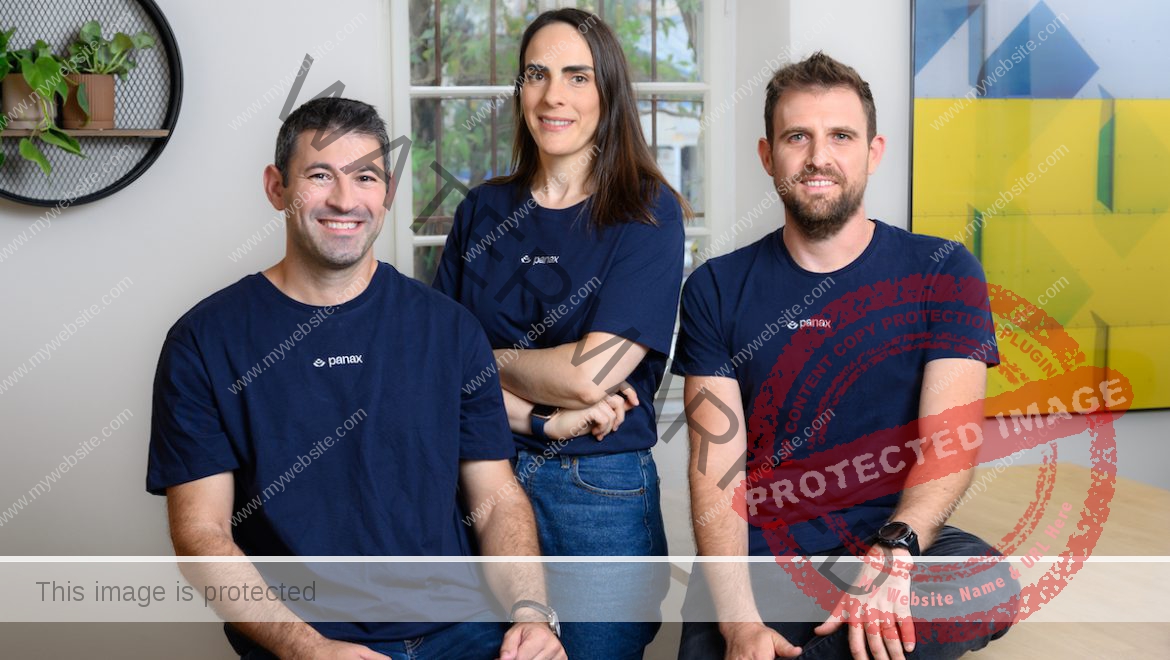Wiz, the buzzy startup building an all-in-one cloud security platform, is on an acquisition march to expand its business quickly en route to an IPO.
Now, it has closed a major round of funding of $1 billion to help on that march.
The Series E — co-led by Andreessen Horowitz, Lightspeed Venture Partners and Thrive — values Wiz at $12 billion, making it one of the most highly valued startups in cybersecurity today.
It’s a notable step up from the last time Wiz raised, in February 2023, when it closed a $300 million round at $10.3 billion post-money. When rumors of this latest fundraise circulated in the market in March, the amount was pegged at $800 million. The fact that the Series E is now at $1 billion speaks to how heated activity is around Wiz right now. “Iconic” was the word one investor, speaking to TechCrunch, used to describe the company.
(The company confirmed that the Series E also has a small secondary component. Sources close to the deal say it is around $30 million to $40 million, “a few dozens millions of dollars”.)
Assaf Rappaport, Wiz’s co-founder and CEO, said in an interview that Wiz plans to continue growing its platform organically with more talent hires and R&D investment. But with countless cybersecurity startups now in existence, the New York startup sees a prime opportunity to acquire to grow inorganically through acquisitions, bringing customers, talent, and technology into the fold more quickly.
“We see two kinds of opportunities in the market right now,” he said. “There are ex-unicorns” — startups that have raised substantial money at valuations exceeding $1 billion, but may have failed to grow as expected and are now exploring other options beyond IPO — “and also exciting, younger startups, superstars with a great trajectory ahead of them. We have an opportunity now to combine forces with both of these.”
The large size of this round gives Wiz a lot of room to make acquisitions in cash, which means giving up less equity in Wiz itself — a nod to the company’s public listing intentions in the future.
The fundraise is coming at a time when Wiz is already rolling up smaller companies. It was only a month ago that it acquired Gem Security — which Rappaport described today as falling into the latter “exciting, younger” category — for $350 million. Just weeks later, Wiz signed a letter of intent to buy Lacework, the startup once valued at $8.3 billion, for just $168 million. (That would make it an “ex-unicorn” in Rappaport’s terminology.) The latter deal went cold, we now understand, during due diligence, a reminder that simply having an interest and the money to buy are not enough to get deals over the line.
The firm has a long list of companies from which to pick. By one estimate there are 62 cybersecurity startups with last-raised valuations of over $1 billion right now. The list includes Aqua and Orca — which are not related to each other but do partner together — as well as Netskope, Snyk, Arctic Wolf, Axonius, and many more. The smaller ones number in the hundreds. All these compete against much larger players in the market that include Palo Alto Networks, Crowd Strike and more.
Wiz was founded only four years ago by Rappaport and his co-founders Ami Luttwak, Yinon Costica and Roy Reznik (all previously at Microsoft, with startup building experience and exit success in their past). The company claims to have signed contracts with some 40% of the Fortune 100, with some of its biggest customers including BMW, Colgate-Palmolive, strategic investor Salesforce, and Mars.
Together that business now amounts to $350 million ARR. That’s still a far cry from the $1 billion ARR it’s aiming to have by the end of 2025. However, that aim is one more reason the company is looking to grow by acquisition.
Wiz’s traction in the market is in part because of the area that it’s targeting, and in part because of its approach.
Enterprises have made significant investments into cloud services to speed up how they work and to make their IT more flexible, but that shift has come with a significantly changed security profile for those organizations: network and data architectures are more complicated, and attack surfaces are larger, creating opportunities for malicious hackers to find ways to breach those systems.
Wiz has stood out in a crowded market by taking an all-in-one platform approach. Ingesting data from AWS, Azure, Google Cloud and other cloud environments, Wiz scans applications, data and network processes for security risk factors and provides a range of detailed views to its users to understand where those risks exist, and also how to fix them. Its platform currently covers some 13 different areas, from code security, container environment security and supply chain security, and around that it integrates and partners with a number of other startups to build out it ecosystem (and malleability for customers).
Philip Clark, who is leading the investment for Thrive Capital, described AI as part of “the next wave of security problems,” and Wiz has also been expanding its activity there, specifically with AI security posture management.
“It’s meeting customers where their needs are,” Sarah Wang, a general partner at a16z, told TechCrunch. “There is nothing that competes directly with Wiz in the area of cloud security.”
In the meantime, more opportunities abound. When I talked to Rappaport on Monday for this story, he’d just landed in San Francisco to attend the RSA security conference, where there will be nearly 600 companies exhibiting: a ripe opportunity to do some shopping.
The funding — which also saw participation from Greylock and Wellington Management, as well as previous backers Cyberstarts, Greenoaks, Howard Schultz, Index Ventures, Salesforce Ventures, and Sequoia Capital — brings the total raised by Wiz to $1.9 billion.
That long list of big-name backers, added to the list Rappaport said it rejected, both underscore the investor interest in the company at the moment.
“Wiz is nothing short of a rocket ship,” another investor, Arsham Memarzadeh of Lightspeed, said in a statement.
















